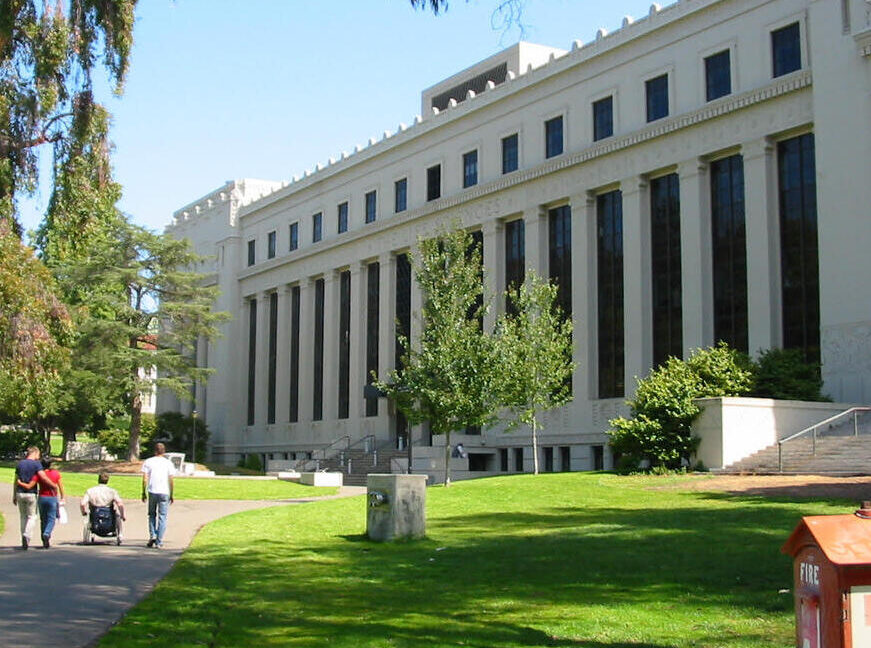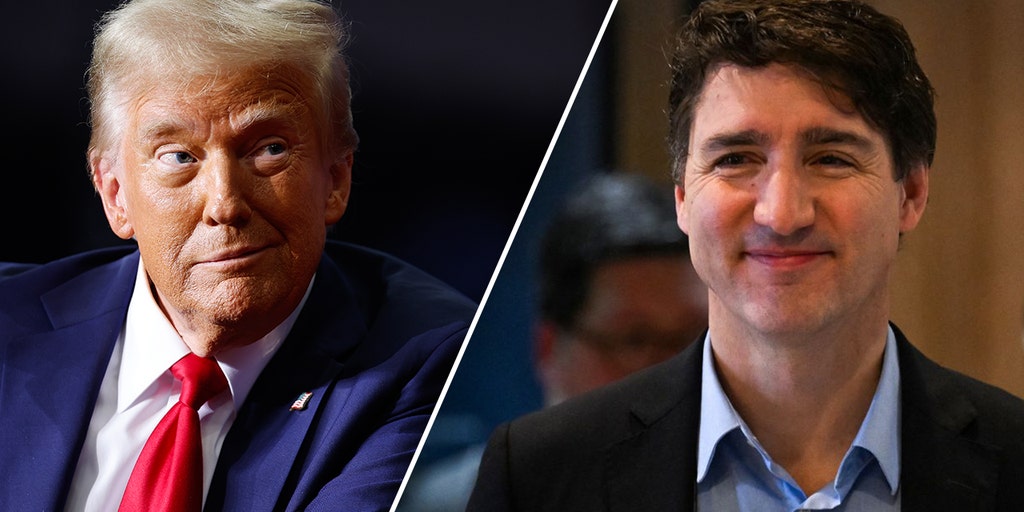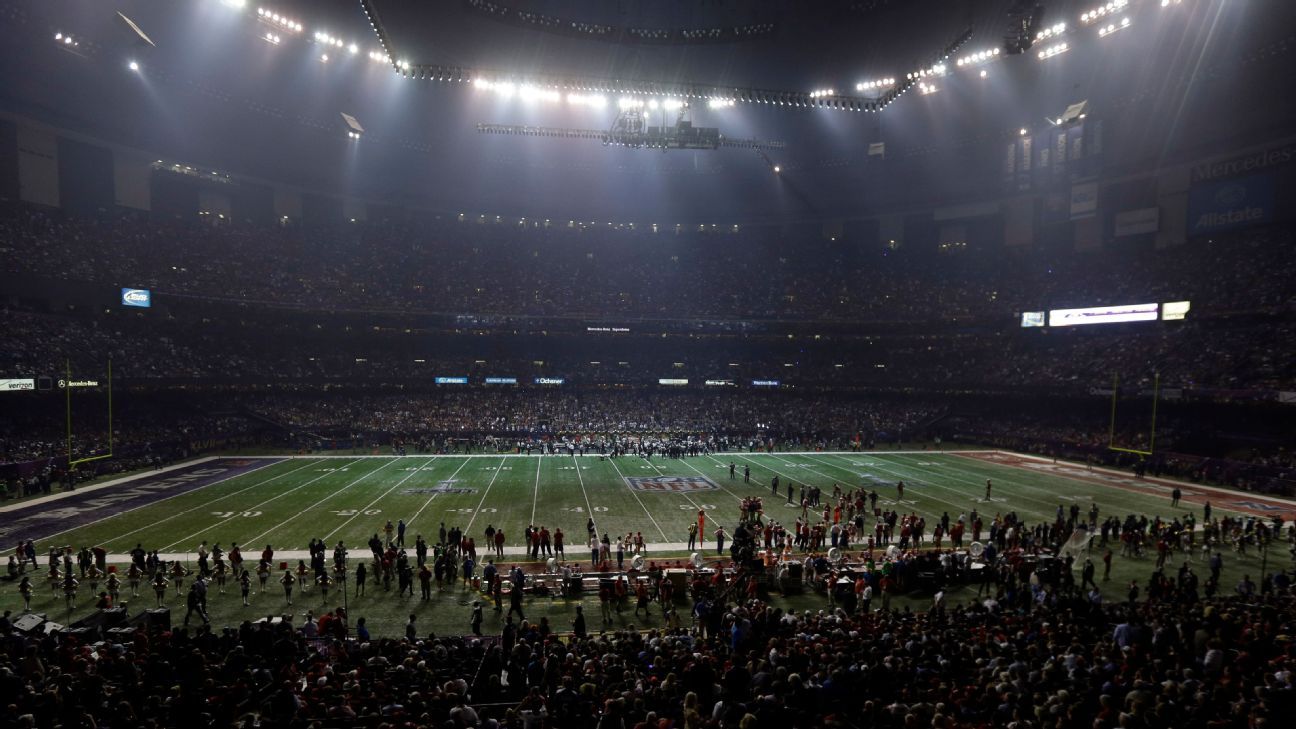Constitutional Crisis Deepens Amid Trump Administration's Actions

The ongoing clash between President Trump and congressional Democrats raises concerns of a constitutional crisis as accusations of overreach and disregard for legislative authority grow.
As the White House ignores congressional mandates, the conflict raises questions at the heart of the nation's founding document.
As President Donald Trump and congressional Democrats clash bitterly over spending authority, citizenship rules, control of the government, and other fundamental powers, the president's opponents are increasingly making a chilling accusation: that the country is in the grip of a full-blown constitutional crisis.
That term recalls some of the most perilous moments in American history, from the Civil War to Watergate. Some of Trump's adversaries contend that -- in seizing powers the Constitution does not give him and forcing clashes with Congress and the courts -- the president has thrust American democracy into a similarly dangerous moment.
"The president of the United States cannot seize control of spending, nor can he eliminate departments," said Sen. Chris Murphy (D-Connecticut). "With every day, there comes a new challenge to the Constitution."
Rep. Ilhan Omar (D-Minnesota) echoed that point in speaking to a spirited protest recently against Trump's efforts to dismantle the U.S. Agency for International Development, which Congress has enshrined in law. "We are witnessing a constitutional crisis," Omar said. "We talked about Trump wanting to be a dictator on day one, and here we are."
Republicans dismiss such claims as melodramatic and overblown. Trump is simply acting on the mandate for change he received from the voters, they say, and Democrats are trying to recast a humiliating political loss into a tragedy for American democracy.
Sen. Ted Budd (R-North Carolina) responded, "Of course they would say that. They didn't get the message on November 5th."
Sen. Mike Rounds (R-South Dakota) said he had not fully heard the Democrats' case. "I haven't talked to many of them that have explained to me why it is unconstitutional, but we'll listen to what their arguments are," Rounds said.
In some sense, it may not matter whether Trump's onslaught is called a constitutional crisis or not; the question, both sides say, is whether his behavior is lawful and appropriate. But the debate over the term reflects a deeper conflict over the gravity of the president's actions and whether they threaten the principles of American democracy.
Dan Urman, a law professor at Northeastern University, stated a constitutional crisis is defined as a clash between two powers that cannot be resolved within the system. In Trump's case, the courts have not fully weighed in -- and when they have, it has often been against the president -- so we have not yet reached a bona fide constitutional crisis, he said.
"My answer is somewhere in the middle: We are heading toward one," Urman said. "The argument for us not being in one is that many of Trump's executive orders have been enjoined by federal courts. So in that regard, the system, quote unquote, is working. The branches are checking one another."
On Thursday, for example, a federal judge rejected the administration's efforts to curb birthright citizenship, saying Trump was trampling the Constitution for "political or personal gain." Another judge on the same day paused Trump's buyout push for federal workers. However, none of those decisions is final.
A true crisis would arise if a court orders Trump to stand down and he refuses, according to Urman. "To me, if you have Trump defying court orders, that's when we move into constitutional crisis land," he said.
Still, many Trump critics believe a president who goes about aggressively usurping Congress' prerogatives and provocatively ignoring laws is clearly creating a crisis under the Constitution.
Stephen Miller, deputy White House chief of staff, stated it is not Trump but the government workers opposing him who are running afoul of the Constitution. "The Constitution says three branches of government. You have the legislative, you have the judicial, you have the executive," Miller said. "This is Schoolhouse Rock. You learn this in elementary school."
Critics assert that Trump has dismissed inspectors general and fired independent board members without regard to laws forbidding those actions. He has paralyzed the U.S. Agency for International Development by putting a vast swath of its employees on leave, even though USAID was established by Congress and only Congress can dismantle it.
The most basic dispute is over the power to control spending, as Trump in various ways refuses to spend money allocated by Congress or in some cases -- as with the buyout -- seems to commit money without lawmakers' permission. Article I of the Constitution gives lawmakers authority over spending.
Democrats contend, "The Founding Fathers were really focused on putting the spending power in Article I," Murphy said. "They knew that if the president can decide unilaterally who gets money and who doesn't, that puts us on the road to despotism."
Trump's supporters respond that the Constitution also says, "The executive power shall be vested in a President of the United States of America," giving Trump total control over the executive branch.
Democrats have also criticized Trump's action of designating tech billionaire Elon Musk, a private citizen, to spearhead efforts to slash spending. "We don't have a fourth branch of government called Elon Musk," said Rep. Jamie Raskin (D-Maryland).
There is little doubt the Supreme Court will be called on to resolve many of these disputes and clarify the bounds of presidential power. However, histories show the U.S. has occasionally plunged into undeniable constitutional crises.
In famous cases like the Civil War or the Watergate scandal, presidential authority was challenged in significant ways leading to critical decisions by the Supreme Court.
Many lawmakers hope the courts will resolve the current cascade of constitutional standoffs. While Democrats hope the Supreme Court will limit Trump’s power, the White House hopes it will affirm the president’s authority.
Some Republicans are still hoping for a deal between the White House and Congress that heads off the looming clash. However, it’s unclear if the White House is seeking a deal, with Russell Vought recently arguing the president has untrammeled authority to cancel federal spending.
To protest Vought's nomination, Democrats held an all-night talkathon, questioning the Constitution's capacity to meet the current challenges. Sen. Adam Schiff (D-California) reflections on the Constitution's brilliance, while questioning if it can adequately meet the current moment in American governance.
"But this is where we are, and this will be the real test of our Constitution, what it will mean in this moment," Schiff concluded.


















